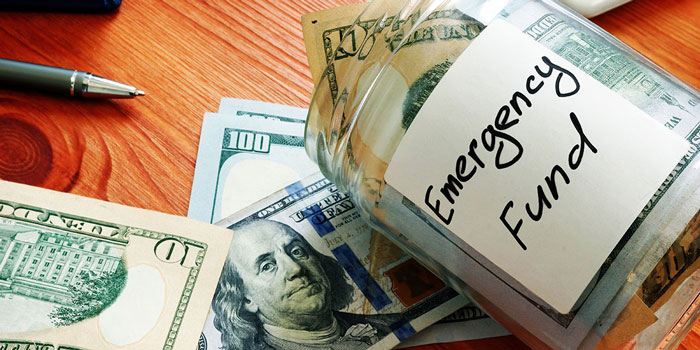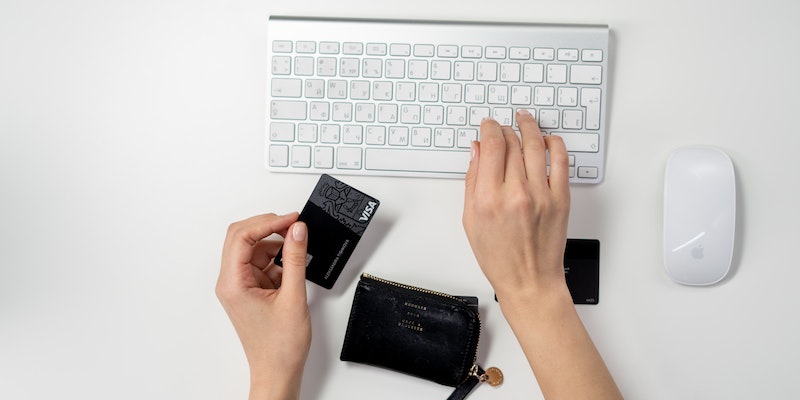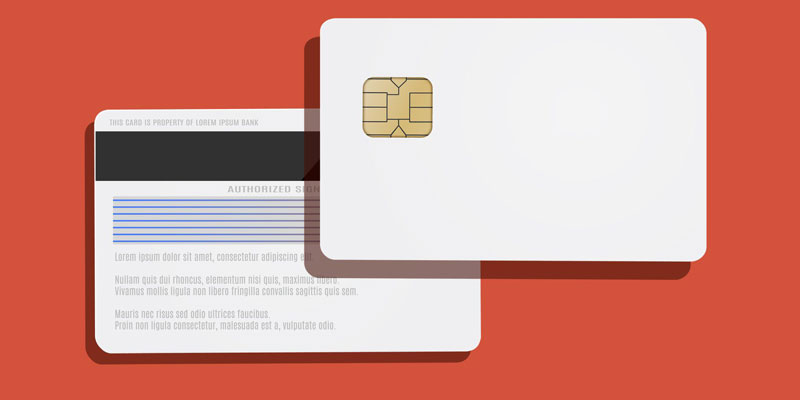
It's always an excellent idea to set aside money for times of difficulty for liquid assets. The greater your cash's liquidity, the less it's making in terms of interest. The most important thing is that you will miss out on huge profits when you don't set aside funds to fund an emergency fund. What can you do?
Understanding What Is Safe and Liquid
If you are considering investing in liquid options, ensure that you can access your money quickly and without penalty. Most financial experts don't recommend placing your emergency fund into the stock market as they are highly volatile. It's a shame to lose investment at an unprofitable price to access your emergency account.
Bonds are not a good choice for the same reasons, even though they tend to be more stable than stock markets. Dave Ramsey, the longtime host of a radio show that provides financial advice show, the author of numerous personal finance publications, and the creator of programs to assist people in getting rid of their debts, suggests that people save between three and six months amount of their expenses in a savings account. Ramsey also suggests that your savings should be held in an account that is a money market or checking account with credit card or check writing privileges that allow you to swiftly and quickly pay for an emergency cost.
Investment Possibilities
The issue is that the cash in a traditional checking account will pay only a small interest in today's low-interest rate environment. If you're making no interest, you pay for inflation yearly. In ideal circumstances, your emergency savings should, at a minimum, earn around 2% to 3% per year to keep up with inflation. But even savings accounts barely pay the interest they should; this can be an extremely difficult job. So how do you be as far from zero, and get as close to the 2% or 3% as possible, while also making sure your emergency fund remains liquid and without putting it in danger?

Money Market Accounts
A preference for money accounts instead of checking accounts could aid. Many of them are covered through the Federal Deposit Insurance Corporation (FDIC), as well as the ones that aren't usually clean and typically pay higher interest than conventional or checking savings accounts. Most reputable online banks, including Synchrony, offer money accounts with check-writing and debit card privileges. This allows you immediate access to your cash.
High-Yield Savings Accounts
If you're confident in your ability not to use your emergency funds on things it was never intended to be used for, putting it into savings accounts with high yields in a brick-and-mortar bank with an account for checking should permit you to transfer money from savings to checking immediately. You can also access cash via debit card ATM or in an emergency.
A high-yielding online savings account can be another option for emergency money. Savings money from an online account is insured by FDIC accounts that are online typically earn more interest than bricks and mortar accounts since online banks do not incur the costs of traditional banks. Be sure to know the best way to access your savings in an emergency since you won't be able to go to an ATM and withdraw a significant amount.

Ally Bank, for example, offers access to the funds via an online fund transfer, wire transfer to outgoing phone transfer, and the request for a check. Other ways of accessing emergency savings from an online account could require a few days or more, and you might not be able to wait all that long. Of course, the more money you put in, the more you earn. But, be sure that the account you're looking at doesn't need you to maintain an amount higher than what you're planning to maintain to earn the rate of interest you're hoping for. If you're only able to put aside the money to fund an emergency account, a bank that pays high interest on balances that exceed $5,000 will not serve you well.
Another thing to keep an eye out for is rate increases during introductory periods. They could be a fantastic method to increase the interest profits of your emergency fund for the short term; however, will you be able to keep your money in that bank after the rates return to normal? What is the competition? Banks rely on the power of inertia - the reality that it's much more convenient to keep your money where it is rather than seeking a new option.



